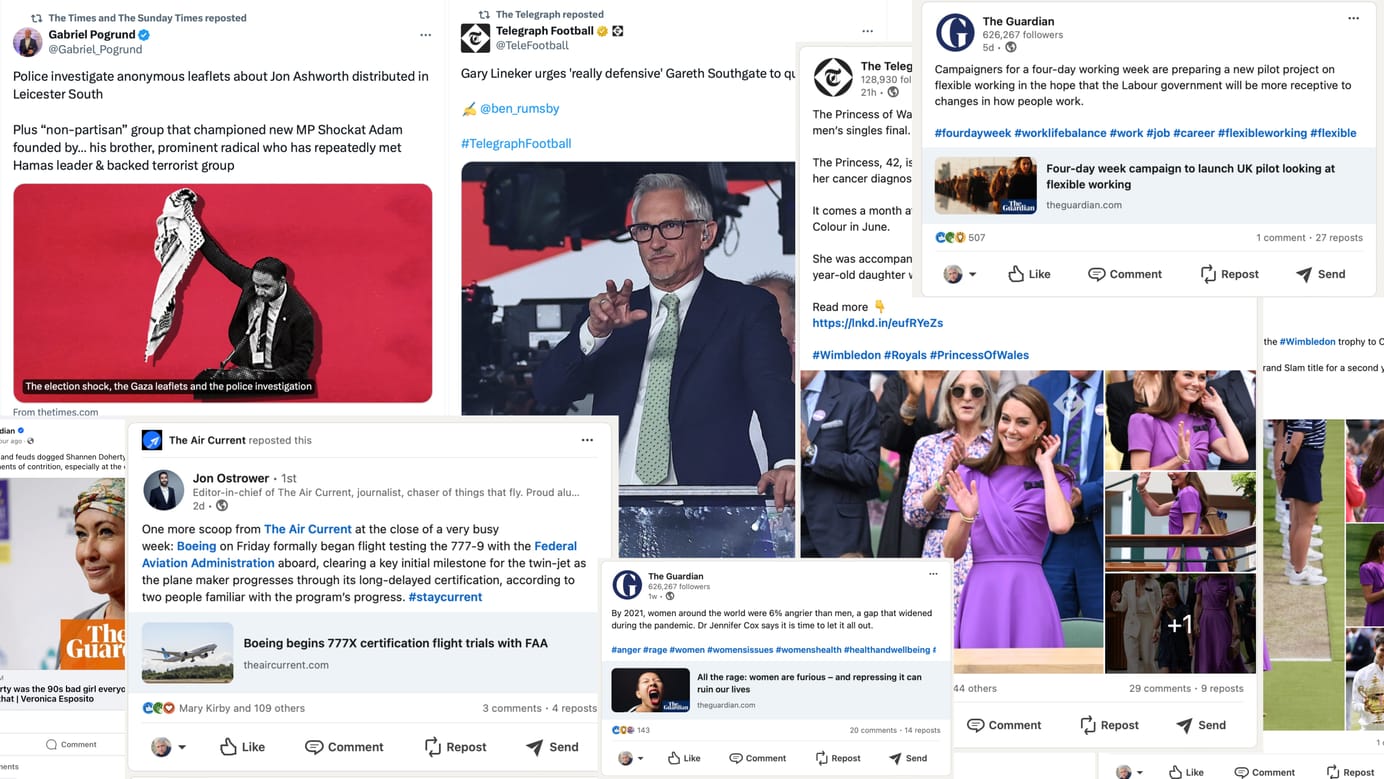Media140: How Will Twitter Change News Reporting?
We always want the new thing. We want it to validate our coverage. We want an earthquake.
MB: If we put so much of our news gathering on one platform, we’re taking a risk.
DW: The BBC can’t allow an external platform to be its distribution medium. When I’m Twittering I’m doing it personally. Everything the BBC does has to go through a second pair of eyes. People in the audience might find that extraordinary. We’re not sure the audience is ready to see contextual tweets from BBC journalists without being sure they’re 100% accurate.
Advice from the panel:
BT: Twitter is not the journalism – twitter is a way to know where to focus your attention. I don’t believe anything on Twitter until I see it verified. It’s a start not an end.
JG: Great tool for communicating, and therefore you should interact there.
NH: Look for trends. Real time isn’t just about real time, but also about relevancy.
DW: Twitter has made Google’s engineers think in terms of milliseconds – the real time web. Journalistically, you need to separate the professional from the personal.
MB: At Techcrunch we just don’t care [about the second pair of eyes]. Mental images of people people standing huddled by the side of the pool. And someone just tearing their clothes off and diving in. Just jump in and get your hands dirty. [Mixed metaphors, Mike? Tut. 🙂 ] The commenters/followers will fact-check my arse.
DW: Why not just let your Twitter stream write the blog. How many times can you be wrong before they all go to GigaOM. If you audience rely on you to be 100% right 99% of the time, you can’t do that.
Question from the audience:
“At some point Twitter will have to make money. Any ideas on how to without effecting the experience.”
BT: We want to Twitter. If and Ev and co can’t find a way to make money, someone will.
DW: They’ll sell. In the short term, forensic tools for businesses.
“In the future there will be less, but better journalism? If so, how will they learn their trade?”
DW: I hope there will be more and better. Organisation with money to spend to training will teach the fundamental grounding. There are ways to self-train.
MB: “Moving to an era of entrepreneurial journalism. Blogging has produced people who are really good an investigating stories.” Not professionally trained, but you can add that. “Media training, local paper, national paper, nation broadcaster. That path has always been astoundingly competitive.” Pick the untrained blogger or the trained student without blog?
DW: That hasn’t changed. We had cub reporters before. [Comment: nonsense. Cub reporters weren’t self starters, like bloggers]
Sign up for e-mail updates
Join the newsletter to receive the latest posts in your inbox.










